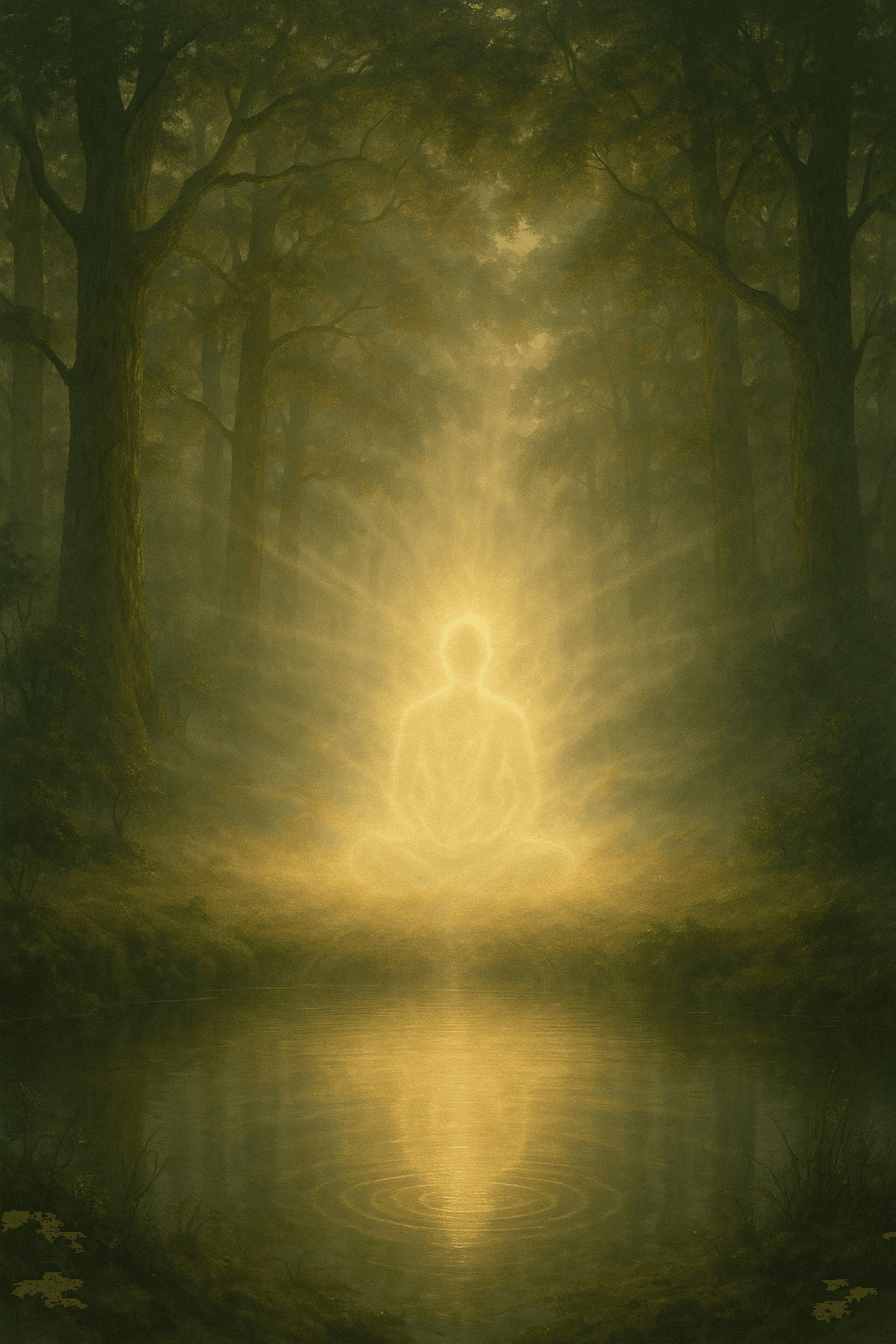Meditation: The Universal Language of the Soul

Meditation is the tongue of the soul and the language of our spirit. — Jeremy Taylor
—What lingers after this line?
One-minute reflection
What does this quote ask you to notice today?
Understanding Meditation’s Essence
Jeremy Taylor’s evocative metaphor likening meditation to the ‘tongue of the soul’ immediately lends meditation a unique significance. Rather than being a mere relaxation exercise, Taylor positions meditation as the essential mode through which our inner self communicates. This perspective invites us to reflect on meditation as a vital spiritual practice—one that articulates our deepest yearnings, hopes, and insights when ordinary words fail.
The Spirit’s Language Beyond Words
Extending Taylor’s analogy, meditation becomes the primary language by which our spirit expresses itself. In sacred traditions around the world, from the silent contemplation of Christian monastics to the wordless presence sought in Zen Buddhism, silence is seen as a space where truth emerges. As author Thomas Merton observed in his journals (1961), 'Silence is the language of God, all else is poor translation.' Meditation, then, transcends spoken language and accesses a purer realm of spiritual communication.
Historical Perspectives on Meditative Practice
Historically, meditation has been prescribed as a means of aligning the individual with the transcendent. In Plato’s ‘Phaedrus’ (c. 370 BC), philosophical contemplation was described as a dialogue between the soul and higher realities. Similarly, the early Christian desert fathers practiced ‘hesychasm’: a tradition of internal stillness and meditation, aiming to listen to the voice of the spirit within. Taylor’s metaphor synthesizes these traditions by underscoring meditation as a timeless dialogue rooted in all spiritual quests.
Contemporary Insights into Inner Dialogue
In the modern era, the practice of meditation continues to provide a language for self-awareness and spiritual growth. Psychological research, such as that by Jon Kabat-Zinn (1990), demonstrates that mindful meditation fosters an inward attentiveness, allowing us to witness our thoughts and emotions without judgment. This practice enables a form of inner dialogue—where the conscious self learns to understand and respond to the subtle whispers of the soul.
The Lasting Power of Meditation in Daily Life
Bringing Taylor’s reflection into daily experience, meditation stands as the bridge between the inner spirit and outward existence. By cultivating this language of the soul, individuals can better navigate the complexities of life with clarity and compassion. Ultimately, when we meditate, we nurture a conversation with the deepest parts of ourselves—one that can inspire, heal, and guide us through any circumstance.